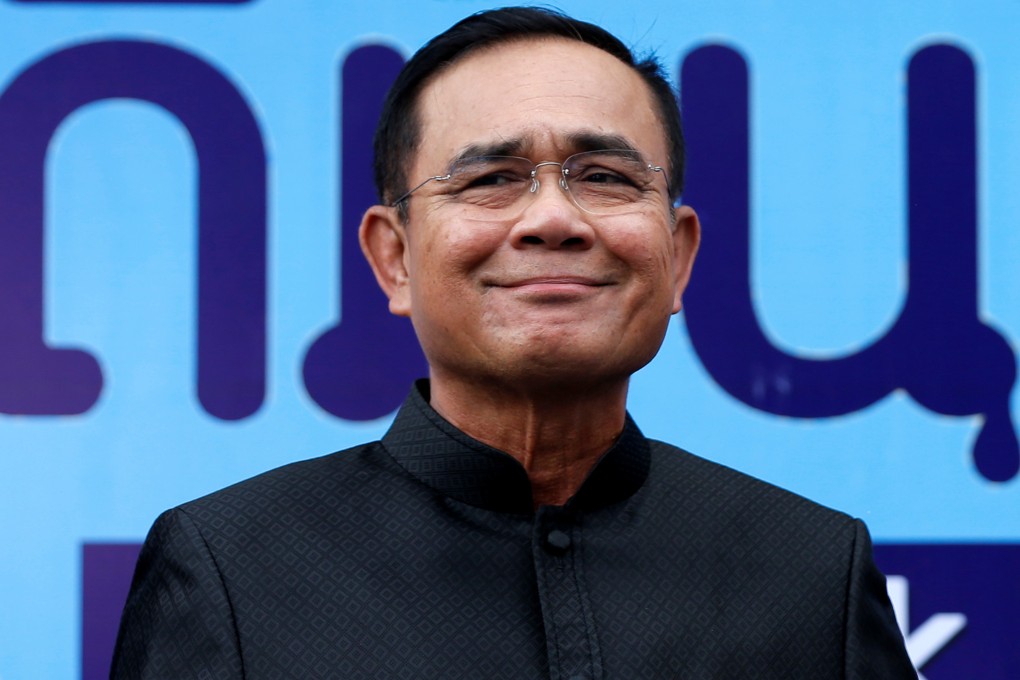Advertisement
Chinese investors increasingly wary of Thailand amid political upheaval and trade war
- The political uncertainty further casts a shadow over an economy after growth potential has gradually declined in recent years
- The decades-long power struggle between the country’s pro-military allies and opposition parties could unhinge an already fragile economy
Reading Time:3 minutes
Why you can trust SCMP

When Kulthirath Pakawachkrilers had to convince yet another Chinese investor that business was still a good bet in Thailand despite the political upheaval, she knew it was going to be a tough sell.
Companies once considering investing in Southeast Asia’s second-largest economy were now looking at other options – and the uncertainty surrounding the aftermath of the elections was driving much of the concern, said Kulthirath, chief executive officer of the Thailand e-Business Center, which advises companies on entering the Thai market.
Kulthirath, who’s also on the committees of the Thai Digital Trade Association and the Thai e-Commerce Association, has met with more than 600 foreign investors in the past year. She said the majority had decided now is not the right time to invest in Thailand.
“They are hesitating,” Kulthirath said from her office in Bangkok. “Half of them are very worried, especially the Chinese because their economy slightly relies on the government too, so they say that the more a government is strong, the more that a country is strong.”
Advertisement
The decades-long power struggle between the country’s pro-military allies and opposition parties is threatening to further unhinge an already fragile economy, even with a new government headed by former junta leader Prayuth Chan-ocha about to be sworn in.
After five years of military rule, the junta retained control of the government in the March election with only a slim four-seat majority coalition in the House of Representatives. That keeps the bitter political fighting very much alive and makes it difficult for returned Prayuth to pass meaningful legislation.
Advertisement
It’s also making businesses hesitant to invest in an environment of heightened global risk. Already US$20 billion of spending on transport and logistics projects has been delayed because of the three-month impasse in forming a government.
“[The economy] is facing key risks from both the US-China trade war and Brexit. We need the government to steer the economy through these problems,” said Kriengkrai Thiennukul, vice-chairman of the Federation of Thai Industries. “Without the government, all businesses are in a wait-and-see mode and government officials have limited power to work.”
Advertisement
Select Voice
Select Speed
1.00x